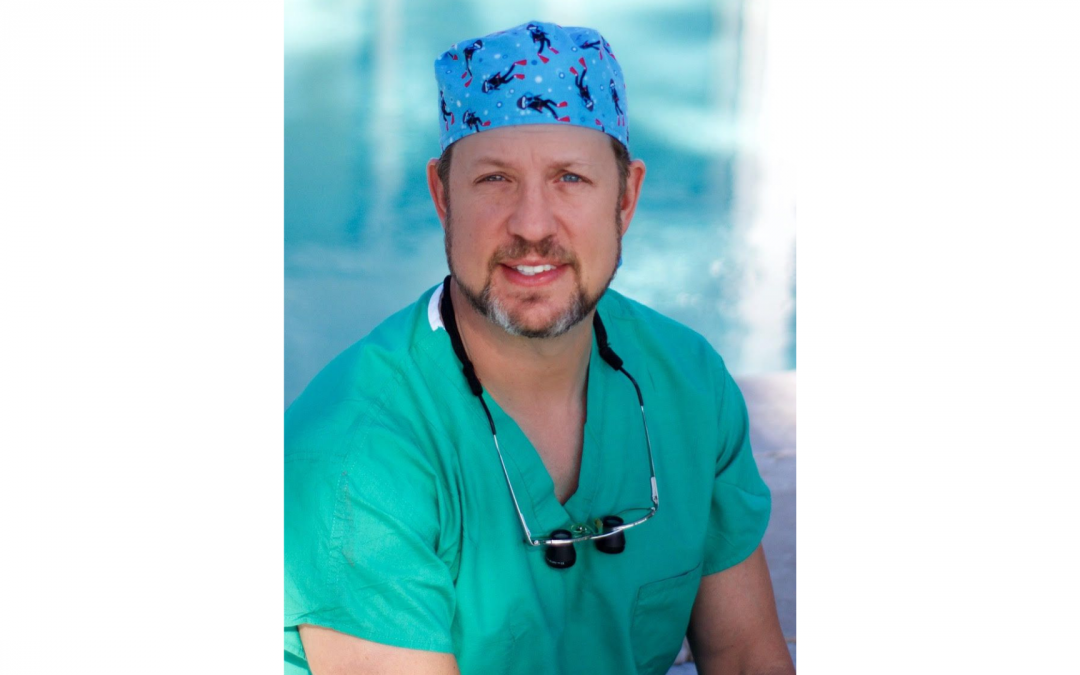While anyone can get an inguinal hernia, it’s a condition that affects males more often than females. The inguinal canal is different in males than in females. In males, the inguinal canal runs the length between the abdomen and the scrotum and holds the spermatic cord, the life support for the testicle.. Alternatively, in females, it serves as a passageway that contains the ligaments necessary for securing the uterus in place. In either gender, this passageway may not close normally prior to birth or may open later in life causing what is referred to as an inguinal hernia.
Hernias may go unnoticed. This typically occurs in childhood, when it’s often a small opening that won’t produce noticeable symptoms in the beginning. However, by the time the child reaches his or her teens, the rupture may expand and symptoms will grow more pronounced. This is a congenital condition, which means it’s something the child was born with and developed over time.
Correcting Inguinal Hernia with Surgery
Surgery is the only way to correct an inguinal hernia. Without the corrective procedure, the intestines or bowel can become lodged in the opening, creating a life-threatening situation and a need for emergency surgery. For this reason, I try to fix hernias soon (within months) after diagnosis.
For inguinal hernia surgery, the child will need to be under general anesthesia. Additionally, it ensures the child won’t feel pain or remember the surgery. Sometimes the anesthesiologist will inject local anesthesia near the end of the spinal cord in a procedure known as a caudal block. This helps with pain after surgery. If the anesthesiologist doesn’t do a caudal block, I will inject a long-acting local anesthetic around the incision.
Typically, the child can go home after the procedure has been completed. I’m not a fan of restricting activity after surgery, so the only limit I place on my younger hernia patients is that they not swim for a week to protect the incision. Teen patients I restrict to light activity for several weeks after the operation. The child may advance diet as tolerated.
Risks of hernia surgery include: bleeding and infection, although both are rare for this procedure, recurrence, and damage to the spermatic cord.
